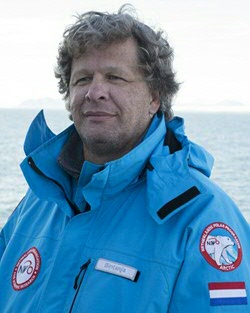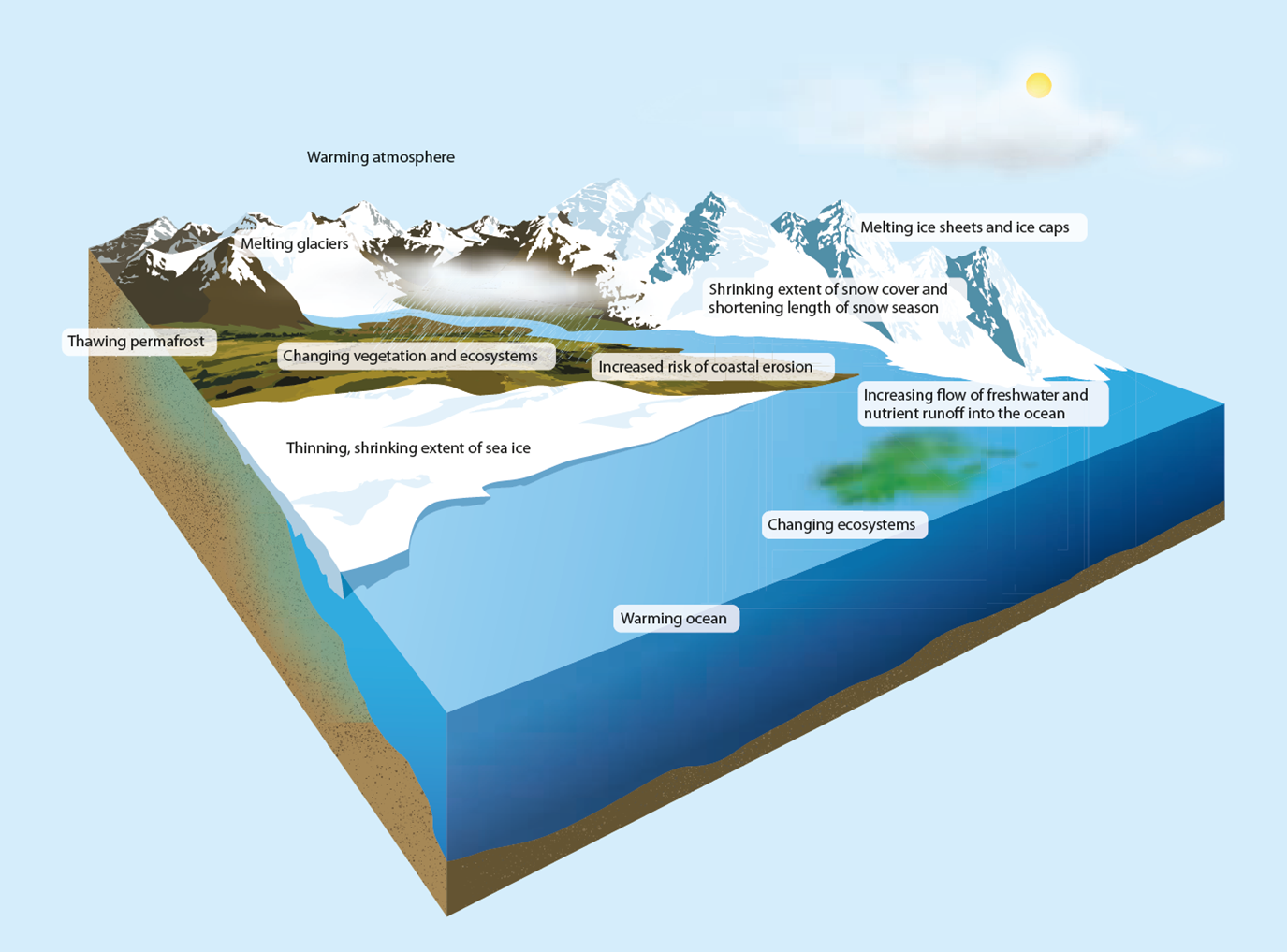Inaugural lecture Prof. Dr. Richard Bintanja on 6 February 2018

In March 2017, Richard Bintanja was appointed Honorary Professor of Climate and Environmental Change at the Faculty of Science and Engineering of the University of Groningen.
Richard works at the ESRIG groups 'Center of Isotope Research' and 'Ocean Ecosystems' and we are proud to announce that on Tuesday the 6th of February 2018, Richard will give his inaugural lecture entitled "Het Arctische gebied - een donkere toekomst?".
On behalf of the Rector Magnificus, we hereby cordially invite interested individuals to attend the inaugural lecture of Richard.
| Title | Het Arctische gebied - een donkere toekomst? (lecture will be given in Dutch) |
| Date | Tuesday the 6th of February 2018 |
| Time | 16:15h |
| Location | Aula of the University of Groningen (Broerstraat 5, Groningen) |
| Registration | via the registration form (before 30 January 2018) |
| More information | about Richard's appointment and chair or about Richard |
Abstract
The Arctic region is subject to rapid changes. Temperatures rise two to three times as fast as in the rest of the world, sea ice melts away very quickly, and the precipitation increases. Where will these changes lead to? Are we indeed on our way to an ice-free Arctic, where temperatures become so mild that rainfall becomes the norm instead of snowfall? And if so, what are the consequences, for example for Arctic ecosystems, and for the carbon cycle? In order to provide answers to these questions, Richard will propose in his inaugural lecture a collaboration between the Energy and Sustainability Research Institute Groningen (ESRIG) of the University of Groningen and the Royal Dutch Meteorological Institute (KNMI). ESRIG specializes in observational knowledge about Arctic ecosystems and the carbon cycle, while KNMI develops and uses a state-of-the-art climate model (EC-Earth), which is currently being extended into an Earth System Model (ESM). By specifically focusing the model validation on the interactions between climate on the one hand and carbon cycle / ecosystems on the other, we can use the ESM to make more accurate simulations of the future of the Arctic. These will show when and how the sea ice will disappear, and what the consequences are, for example, for marine Arctic ecosystems. This allows us to make more accurate scenarios of the major changes that await the Arctic in the (near) future.

More news
-
15 September 2025
Successful visit to the UG by Rector of Institut Teknologi Bandung
